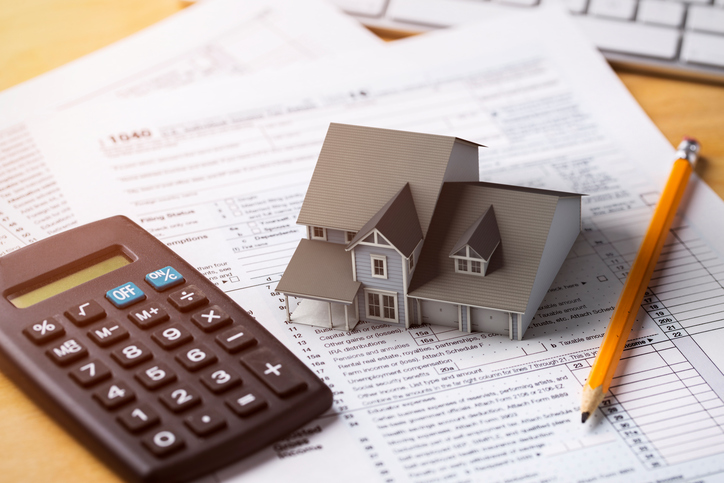Getting your financing sorted is a must if you are aiming for a successful home buying experience. Keep the following factors in mind to secure a reasonable mortgage rate.
- Your credit rating
Your credit score plays an important role in determining your mortgage’s interest rate. Most importantly, it can also affect the outcome of your mortgage application. A lower-than-usual credit score might pose problems for you. The worst case scenario is you get disqualified from the loan you want.
The bottom line is: the higher your credit rating, the better chances you have in getting a lower interest rate. A score of 620 to 680 is deemed acceptable by most lenders. Before you apply for a mortgage, request a credit report from your bank and, should you find any, settle any disputes.
- Down payment
If you want to get a low interest rate for your mortgage, consider putting down a larger down payment, which is 20 percent or more. This increases your states in the property and lowers the risk for lenders. Additionally, a larger down payment decreases the borrowing cost.
Some lenders, however, are strict with down payment policies. An alternative would be to take out a mortgage insurance, which protects your chosen lender. This could also help you secure a lower interest rate.
Before you pay more than 20 percent or get insurance, look at the total cost to borrow.
- Loan term
The time is takes for you to pay off your loan will also affect your interest rate. On one hand, a longer loan term means lower monthly payments, but it also increases your interest rate. On the other hand, a shorter loan term lowers your interest rate, but that means higher monthly payments.
- Loan type
Interest rates are also affected by the loan type. As you might know by now, there are many types of mortgages available in the market. Some more conventional, some are backed by the government. Aside from having different illegibility requirements, these loans also have different policies on down payments and have different interest rates.
If you want to find a deal that truly works best for you, it is best to talk to multiple lenders before committing to one. Explore your options!
- Interest rate type
Loans are not the only ones out there with different types. Interest rates are not all the same, too. The most basic types are fixed and adjustable. As its name implies, fixed-rate mortgages have stable interest rates over the loan term. They are more predictable.
Meanwhile, adjustable-rate mortgages have interest rates that remain the same over a specific period of time, and then adjust accordingly based on current market conditions. This makes adjustable-rate mortgages riskier, as your rates can go up or down depending on the market.
I can help you find the mortgage plan that works best for you
My real estate tips can fill you in on everything you need to know about mortgages. For more information, you are always welcome to get in touch with me at 440-823-2448 or michellemcquade@howardhanna.com.
